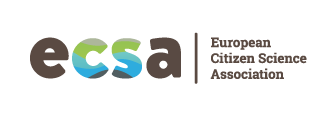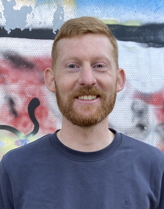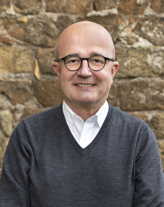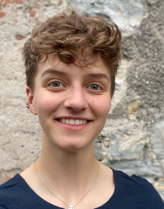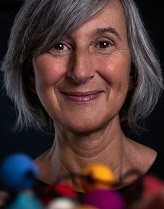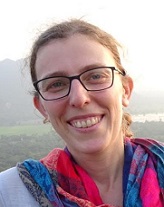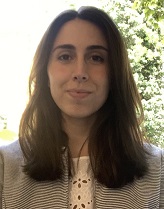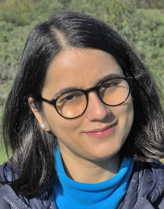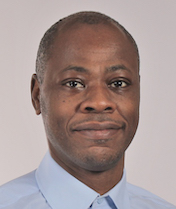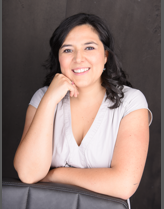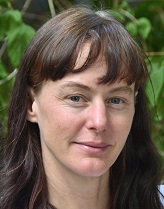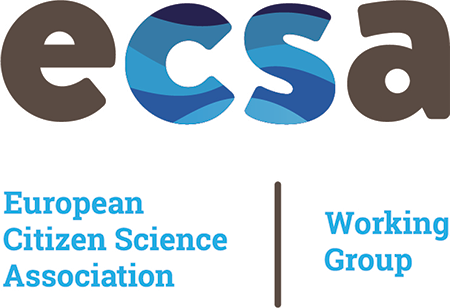
Citizen science and open science
The main aim of this WG is to give value to citizen science as an open science pillar.
The adoption of open science approaches and policies can benefit citizen science by increasing its visibility and creating opportunities for collaboration, ensuring data persistence, and securing its legacies and impacts in scientific research and policy. At the same time, citizen science is an approach to make research in its many facets more participatory and maximizing on its transformative potential.
Sharing experiences between practitioners and supporters of citizen science, and other open sciences practitioners and advocates, will help in reducing technical, legal and other barriers that prevent citizen science practitioners from adopting open science policies and approaches, maximizing the long-term impact of their programme. Learning from citizen science initiatives will encourage open science practitioners and advocates to push even further the open research frontiers.
Chair
Alessia Smaniotto (EHESS/OPERAS)
Eglė Butkevičienė (Kaunas University of Technology)
Working group
members
- Alessia Smaniotto
- Barbara Heinisch
- Butkevičienė Eglė
- Daniel Mietchen
- Jaqui Goldin
- Jakub Trojan
- Kelly Achenbach
- Margaret Gold
- Muki Haklay
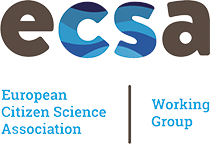
Activities
Objectives of this working group:
- foster the exchange of experiences of the citizen science element in open science practices and vice versa
- channel opportunities for the citizen science community to engage in regional policy processes on how citizen science is addressed as part of open science
- liaise and cooperate with the citizen science and open science community of practice of the CSGP
- promote the use of open source software and open data standards
The plan of the activity of the group for 2024 includes organising two workshops in the second part of the year: one addressing the CS community and the other addressing other open science stakeholders/practitioners.
How to get involved
If you would like to become a member of this WG, please email Alessia Smaniotto at alessia.smaniotto[at]openedition.org
This working group particularly looks for:
- practical knowledge and relevant experience in either or both citizen science and open science aspects, including citizen science and open science support services, open standards, open data, open licensing, open source-development, open-access publishing, open education, open hardware, citizen science and open science policies, etc.
- practitioners, support services members, research infrastructures members, advocates for citizen science and/or open science at large. All disciplinary domains and areas of intervention are welcome.
